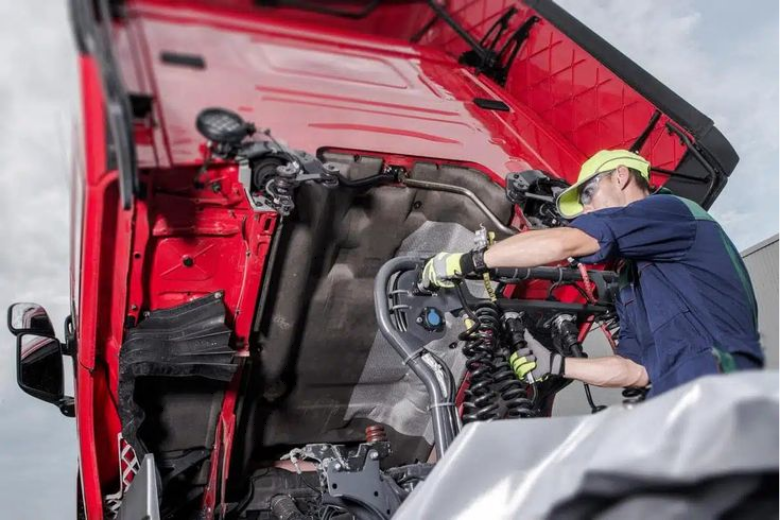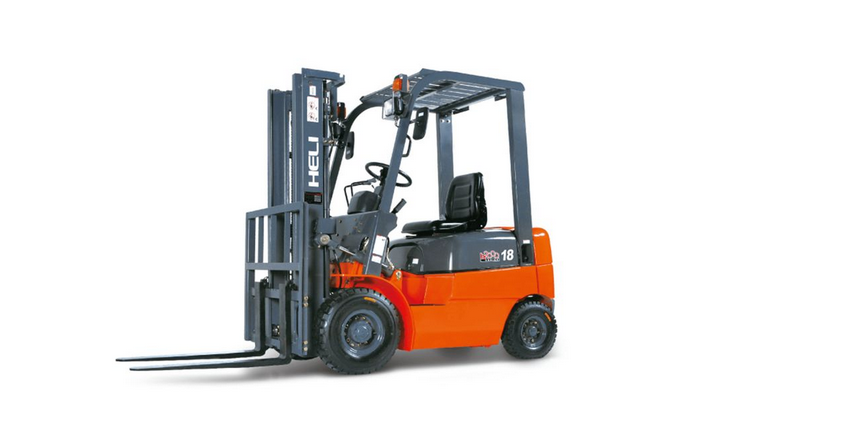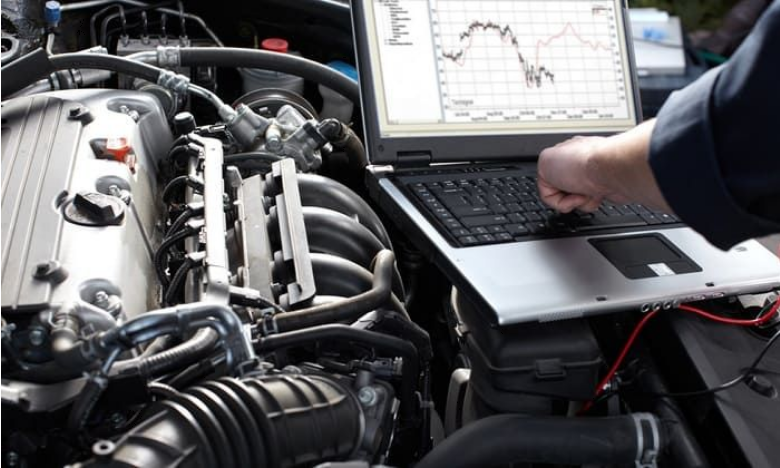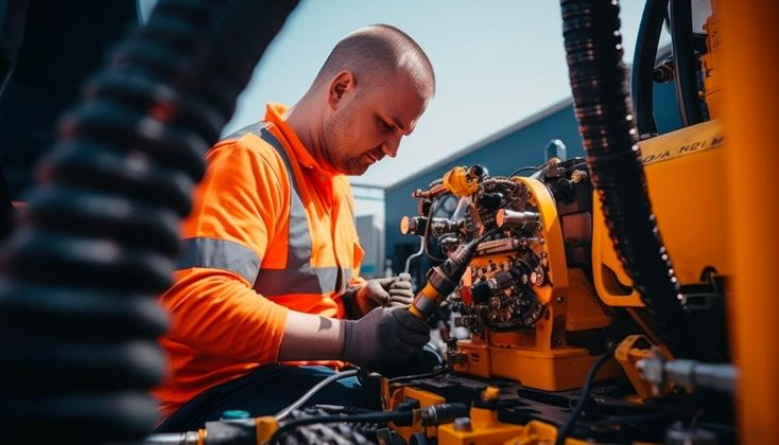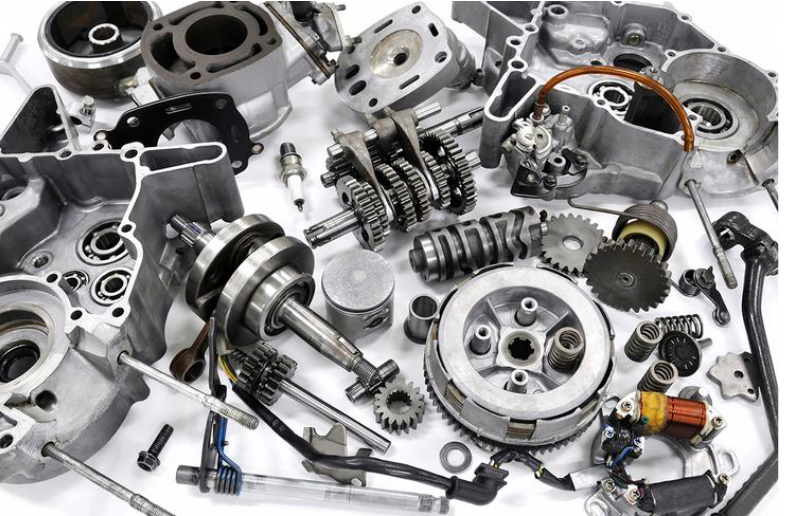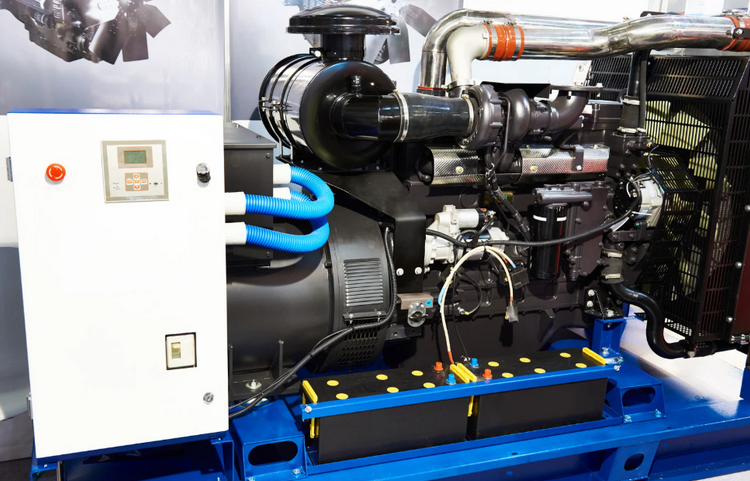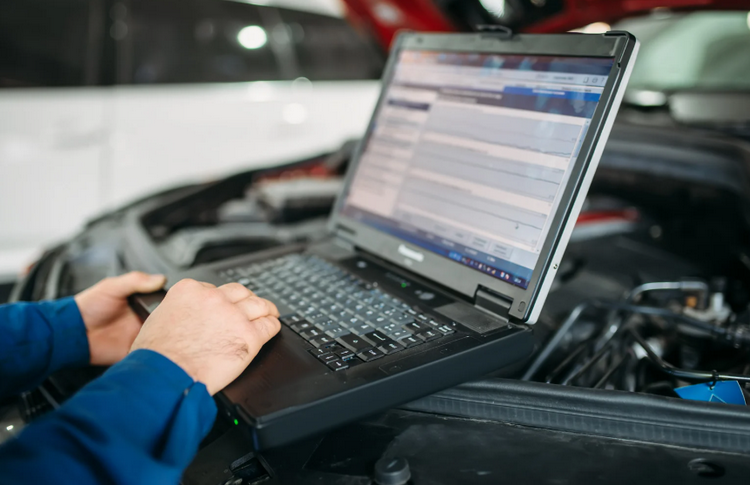
Modern diesel trucks and off‑highway equipment are cleaner and more efficient than ever, but only if their emissions systems are cared for. When the DPF, EGR and SCR/AdBlue subsystems start misbehaving, you’ll see power loss, limp mode, poor fuel economy and unplanned stops. This guide explains how these systems work, the warning signs to watch for, and how AMCS helps you stay compliant while reducing downtime.
The Big Three: What They Do and Why They Fail
1) DPF (Diesel Particulate Filter)
The DPF traps soot created during combustion, then burns it off during regeneration.
Common problems: short-trip cycles that never reach regen temperature, ash build‑up from engine oil, faulty exhaust temperature/pressure sensors and exhaust leaks that skew readings.
What helps: timely forced regens, software‑guided diagnostics, leak checks, using low‑ash oil, and off‑vehicle cleaning or replacement when the filter is at end‑of‑life.
2) EGR (Exhaust Gas Recirculation)
EGR lowers combustion temperatures by recirculating measured exhaust gas into the intake.
Failure modes: stuck EGR valves, carboned‑up passages, cracked or clogged EGR coolers, and coolant–exhaust cross‑contamination.
What helps: regular cooler inspections, coolant quality control, intake cleaning, and replacing failing valves before they take out the DPF with excess soot.
3) SCR/AdBlue (Selective Catalytic Reduction)
SCR injects AdBlue/DEF into the exhaust stream to convert NOx into harmless nitrogen and water.
Failure modes: DEF quality/contamination, crystallisation in lines and dosing injectors, weak DEF pumps, heater faults, and failing NOx sensors triggering derate.
What helps: correct DEF (32.5% urea), sealed storage, periodic line flushes when contamination is suspected, and sensor calibration/replacement using OEM‑level tools.
Important: Deleting or bypassing emissions systems is illegal and risks engine damage, insurance issues and fines. Proper diagnostics and repair are the only smart options.
Early Warning Signs You Shouldn’t Ignore
- DPF lamp on; frequent or failed regens
- Power derates, high exhaust back‑pressure, rising EGTs
- AdBlue/DEF quality warnings; NOx high codes; ammonia slip fault codes
- Rough idle after EGR events; visible white/black smoke; excessive fuel consumption
- Shortened service intervals due to soot loading
Best‑Practice Maintenance for SA Conditions
- Drive cycle planning: long enough, hot enough runs to complete passive/active regens, especially for urban delivery trucks.
- Oil & filters: low‑SAPs oil to limit ash; fuel filtration to protect injectors and keep soot down.
- Seal the system: exhaust leaks after the turbo confuse pressure/temperature sensors and sabotage regens.
- DEF discipline: store DEF sealed, shaded, upright; don’t top up with funnels used for oil/diesel; check age/lot when diagnosing.
- Sensor sanity: treat EGT, differential‑pressure and NOx sensors as service items; replace in pairs where appropriate and perform guided resets.
How AMCS Keeps You Moving
- Guided diagnostics: OEM‑level scan tools and test plans to pinpoint root causes, not just clear codes.
- Onsite support: forced regens, sensor and line checks, leak tests and harness repairs performed in the field where practical.
- Workshop services: DPF off‑vehicle cleaning/replacement support, EGR cooler pressure testing, SCR/AdBlue pump and injector replacements, NOx sensor calibration.
- Uptime focus: repairs scheduled around your operations; 24/7 breakdown assistance in West Rand and surrounds for urgent cases. AMCS
Quick Checklist for Fleet Managers
- Establish an emissions‑health KPI set (regen frequency, differential‑pressure trends, NOx correction factors).
- Align oil, filter and sensor replacement intervals with real‑world soot/ash data.
- Audit DEF procurement, storage and dispense processes.
- Train drivers on regen behaviour and dash prompts.
- Book a quarterly emissions health audit with AMCS.
Ready to reduce derates and keep your fleet compliant?
Speak to AMCS for diagnostics, repairs and a preventative plan tailored to your routes and loads.
